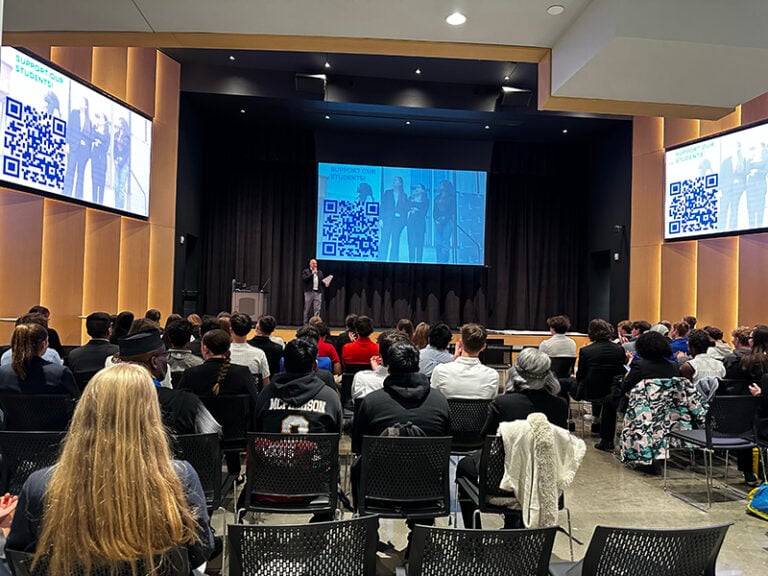Our representative democracy rests on a fundamental principle: We, the people, have a right to participate in decisions that affect us.
In two prior reports, the League of Women Voters of Kentucky described how Kentucky’s General Assembly, in its 60-day legislative sessions, has increasingly fast-tracked legislation in ways that weaken that principle.

In our newest report, How Can They Do That: 2025 Challenges to Transparency and Citizen Participation in Kentucky’s Legislative Process, we show that fast-tracking also occurred in 30-day legislative sessions. These fast-track maneuvers are often combined with other
undemocratic tactics to create a negative, compounding effect on public participation.
It is not uncommon for a bill to follow a process like this:
● A “shell bill” is filed with a vague title and little or no substantive language, creating the opportunity for substantial changes to be inserted at the last minute.
● The bill is given “readings” on the chamber floor before the committee discusses the bill. The public may not notice that this has happened, but the maneuver creates the opportunity to rush the bill to a floor vote after the committee approves it.
● The committee calls a meeting outside its regularly scheduled meeting time to consider the bill, with short notice to the public that it is meeting at a different time.
● At the committee hearing, the original bill is replaced with a substitute version that the public has not seen and cannot access prior to the committee discussion.
● The committee approves the substitute bill and sends it to the full House or Senate for a vote that very day, allowing the public only a couple of hours to contact their legislators about the bill.
● No minutes of the committee meeting are posted, leaving no public record of committee discussions and public testimony on the bill.
Senate Bill 202, passed in the 2025 session, was one of many bills that used these tactics. The bill was introduced as a five-page shell bill filed on the bill filing deadline. It made two minor wording changes to existing law: changing e-mail to email and website to website.
In its final form, the bill expanded to 28 pages that added new rules on a substantive issue (the distribution and sale of cannabis-infused beverages). These changes were accomplished by pulling the bill for floor readings before committees discussed the bill, then introducing
substitute versions of the bill and moving it to floor votes within 24 hours.
No minutes of these committee meetings were posted, leaving no record of committee discussion or public testimony. This process left little time for those affected by the new language to understand and give input on the bill.
As in our prior reports, the 2025 report recommends to the General Assembly specific ways to give the people time to understand and give input on bills before they vote on those bills. Those recommendations include posting draft legislation before each session, limiting the use of shell bills, allowing time for the public to review changes made to bills before a vote is taken, transacting most committee business during regularly scheduled meetings, and posting timely records of legislative proceedings.
The League of Women Voters of Kentucky supports informed and active citizen participation in government. We remind our elected officials that they work for the people, were elected to represent the people, and must give the people opportunities to understand and give input on legislation that affects us.
Jennifer Jackson is president of the League of Women Voters of Kentucky. She can be reached at info@lwvky.org.

















